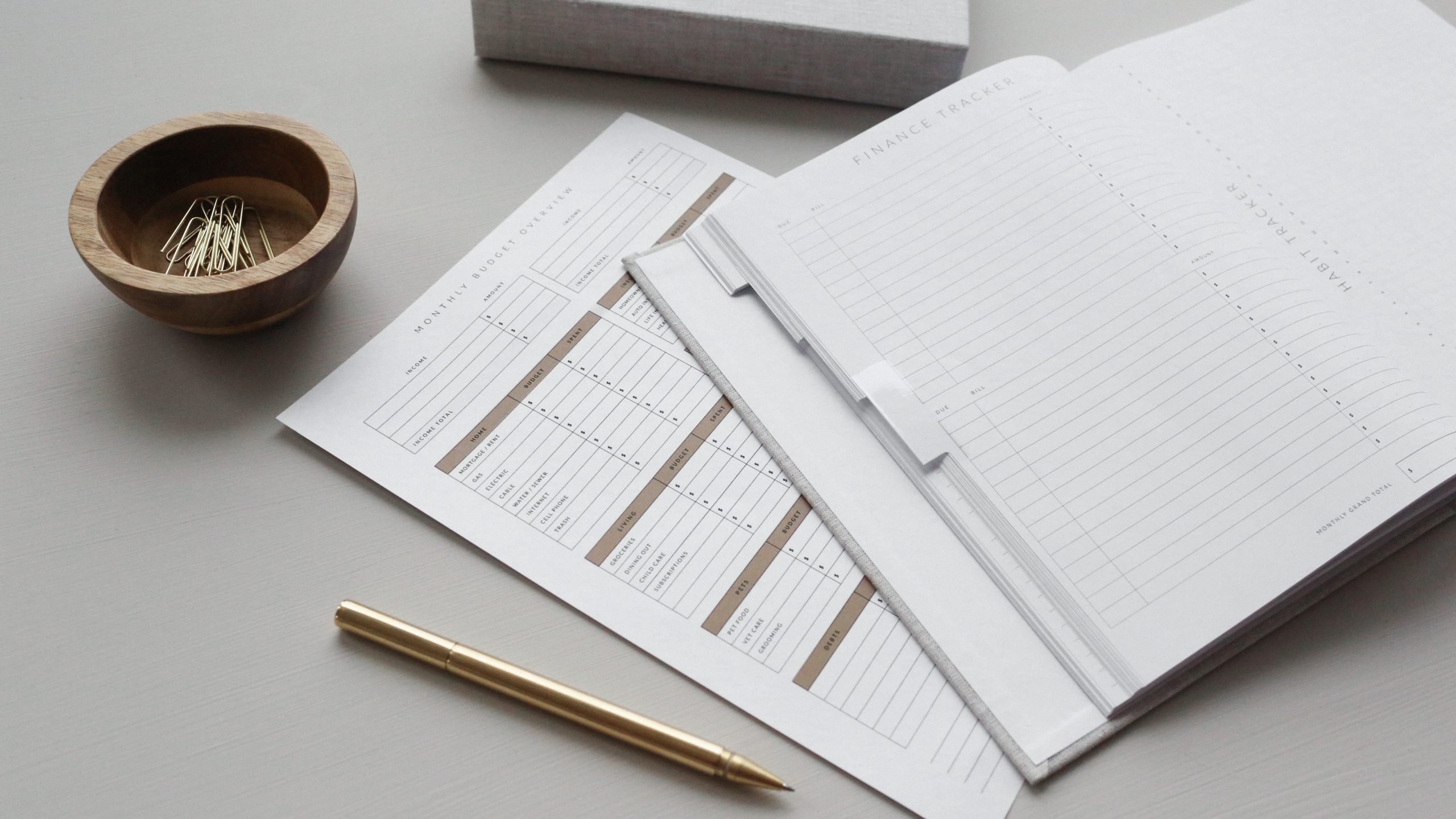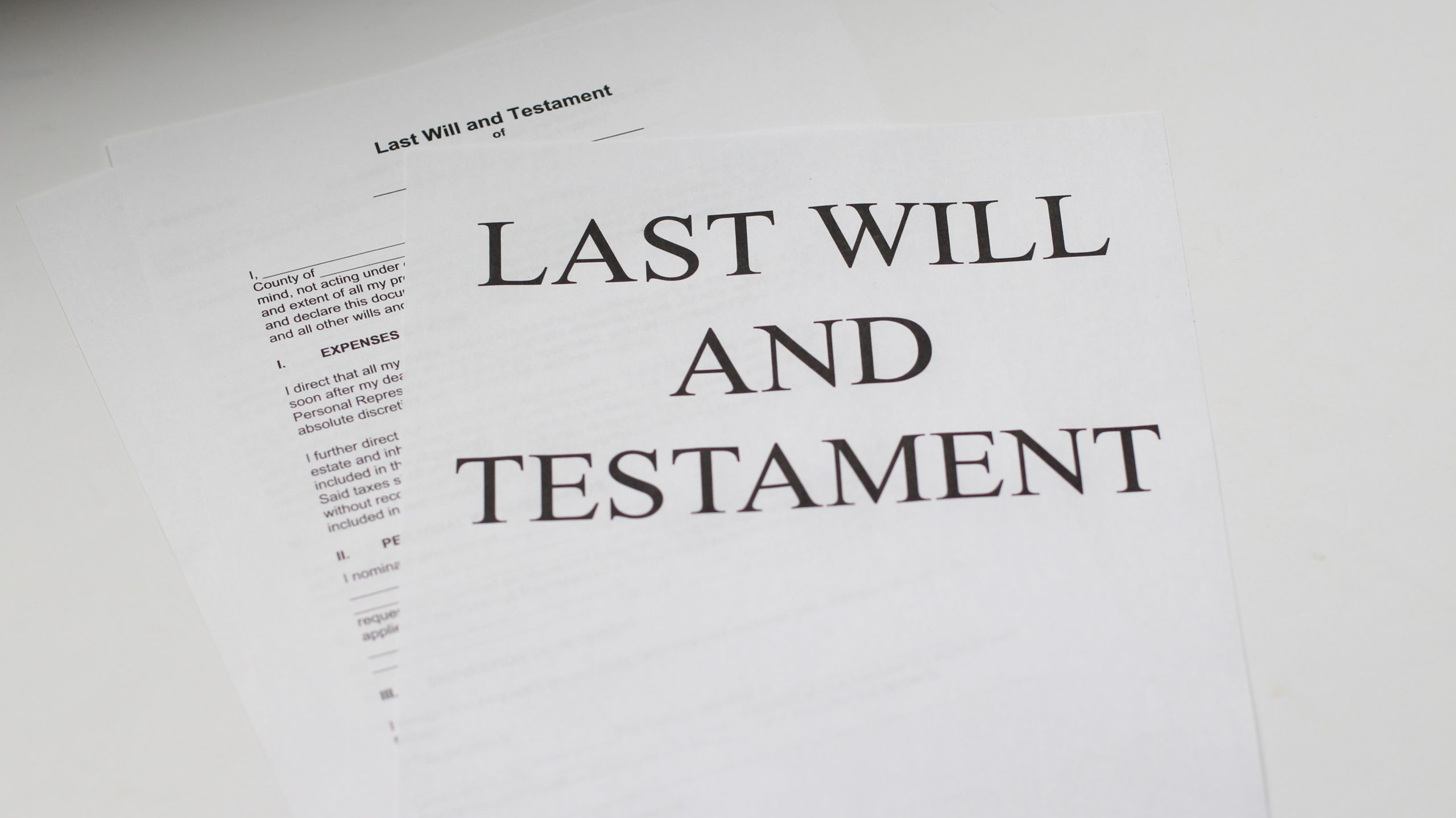Tony Ramolo: Household Budget

Tony Romolo from Manulife Private Wealth talks about the importance of a household budget.
Please note: These open thoughts, ideas, and commentary on a household budget are those of Tony Ramolo only. They are informal in nature and do not necessarily reflect the opinions of Manulife Private Wealth.
Tony, you have been in financial services for three decades, walk me through why it is important to have a household budget?
A household budget is very important and yet I can think of only a few that have one. Why is a household budget important? Because, in my opinion, a budget is about control. A budget gives reasonable comfort and control over household finances. It is the road map that will help determine how the money you receive is spent, saved, invested, gifted, and so on. Because a budget is a forward-looking forecast, it is bound to be imperfect. That’s okay. The absence of a budget means a lack of control, stress, added expense, and so on. Having a budget is a key component with respect to helping you achieve the goals you set. Sounds pretty reasonable and straightforward so far, yes? In fact, a household budget is far more complicated and involved than it appears because a budget is about making choices. Essentially, life planning (as much as that is possible) requires a household budget to help ensure you realize your hopes and dreams.

Help me understand what we should include in a budget?
A household budget is a forecast of money that will be received and money that will be spent over a future period. A budget should be tweaked periodically and amended as required. There are endless formats and tools to help establish a household budget ranging from the very simple to the very sophisticated. Budgeting is essentially goal setting. To successfully meet your budgeting goals, a household budget should include a couple of key things. Firstly, a budget should not be a burden and a sore spot. Remember, a budget is supposed to give you control and relieve household financial stress. A properly structured budget should be a go-to tool that keeps you on track and gives you comfort. Secondly, a budget should be flexible such that you can stay on plan while at the same time be prepared for managing unexpected expenses or money you unexpectedly receive. Again, the idea is more about having a useful tool you can rely on as opposed to feeling terrible about going over budget or elated about being under budget.

How important is it to maintain a good credit score and rating?
Maintaining a good credit score and a good credit rating is very important. A good credit score helps lenders assess your creditworthiness. A good credit score will help lenders provide the best loan pricing possible. A good credit score will give the prospective borrower the most favorable terms and conditions when borrowing money. In today’s day and age reliance on credit and access to credit is perhaps more important than ever. Having a good credit rating and credit score will help you with the credit you currently have and with the credit, you may need to access in the future.

Explain the different kinds of credit ratings and how can I mess it up?
Your credit score recaps how much you owe to lenders, how much credit you have access to, what your repayment history has been like and other things. Essentially, credit history reports capture installment loan information (like your car loan) and revolving or line of credit information such as the limit on your credit card, how long you have had the card, how much you owe, etc. Your credit score is sensitive to how much actual debt you owe and how much you have access to. It is also sensitive to how often you look to borrow money. It is sensitive to how many different lenders you approach. It is certainly sensitive to your repayment history. Your repayment history is carefully tracked. If you miss a monthly payment, for example, it will be re-scored as such. Credit history reports are meant to be factual. If you file a consumer proposal or declare bankruptcy, for example, that will be recorded in your credit history report. Essentially, it is important to adhere to the terms and conditions set out by the lender that you agree to when you borrow.

Why is having a financial plan important and what is your role in doing that?
Having a financial plan is very important. Generally, a financial plan is all-encompassing capturing all money-related elements of an individual, couple or family. A financial plan is the blueprint and road map one can rely on to help achieve financial life goals. For the past couple of decades, I have worked closely with financial advisors in a multitude of different firms that specialize in financial planning. Again, there are amazing tools and software to help navigate the complexities of financial planning. I have really never been a financial planner, per se. I have always participated in helping out with certain key aspects of the overall financial plan.

Let’s talk about estate planning. Why is it important?
An estate is all the money and property one owns at any given time. The estate may exist while one is alive when one dies and beyond death. As you might think, estate planning can be quite multi-faceted and usually refers to the planning process involved in passing on one’s money and property after death. Inheritances. Charitable giving. Tax minimization. I will get a little philosophical and I will keep it simple because the topic is very broad. Estate planning deals with the legacy one leaves behind. Estate planning is about giving meaning to the life one has led.

Why is having life insurance important?
Life insurance is a very unique asset. As you might imagine, it is insurance in one’s life. One might argue that there is no need to insure something that can be easily replaced if lost. By that logic, life insurance is absolutely essential because human life is irreplaceable. I realize I’m getting philosophical again. A financial plan might outline the need and amount of life insurance required. Your budget will also capture what the cost of life insurance is and how that factors into your overall goal-setting and legacy planning. The owner of a life insurance policy will insure life and name a beneficiary or beneficiaries. Life insurance is an excellent tool used to protect assets and replace income in the event of the death of the insured. The owner of the life insurance policy can also access the value of the policy during his or her lifetime. I stand by my earlier comment. We work incredibly hard to generate income and create wealth so protecting that income and wealth with life insurance is a very prudent thing. Interesting use of life insurance is actually an attractive estate planning strategy. I will give you a rough idea: A parent can purchase life insurance on the life of their child and then transfer that life insurance to the child in a rollover transaction. This is attractive because, essentially, the parent has the ability to purchase life insurance for the benefit of yet-to-be-born grandchildren!

What is your opinion on having a will?
It is important to have a will. We talked about financial planning and estate planning. A will is a key part of the planning. A valid and well-thought-out will ensure estate planning efforts are seen through to completion. Get a will properly drafted. The costs are justified. Avoid the unnecessary costs, delays, and family bickering that result when one dies intestate (without a will).

Give me three practical tips on how to manage our finances.
Three practical tips when it comes to managing your finances:
- Pay yourself first. This one is my favorite. The idea is to set aside, save, or automatically invest a percentage of your regular income as soon as you receive the income. This is a great habit to get into. You will not notice you are paying yourself first. You will build an excellent investment portfolio/savings.
- Do not carry high-interest debt. Do not carry credit card balances. Pay your credit card debt in full each month. If you can, refinance your debt into the lowest-cost loan possible. Usually, refinancing your debts into your mortgage is best. Part of this point is to avoid the trap of refinancing your mortgage with regular frequency because that sort of defeats the purpose!
- Invest in yourself. Take a college/university course every year. Read. Be a lifelong learner. Be active and look after your health. Be a part of your community and be sure to give back. Volunteer. Investing in yourself will generate ever greater financial and personal dividends.
Talk to me about food, family, and some of your favorite restaurants in Toronto.
Family is very important to us. I refer to family in a broad sense. It is important to remember and acknowledge we are inter-connected to our parents, grandparents, uncles, aunts, and so on. We are all rich tapestries. We are all in this together. Life would have us believe we are misunderstood, alone, and isolated, however, the opposite is true. Our family’s favorite restaurant is Terroni. Everything on the menu is a win!

Photo Credits: NORTHFOLK Kelly Sikkema Christiann Koepke Blake Wisz Green Chameleon Melinda Gimpel

Love the idea’s Tony, can’t wait to implement them into my family structure one day!